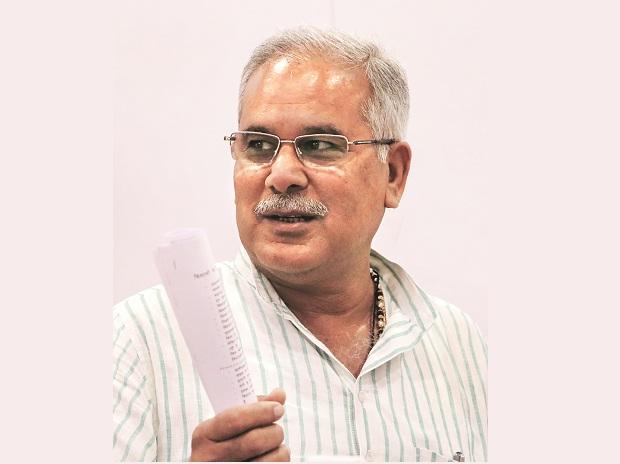
Mr. Bhupesh Baghel, the Chief Minister, made a huge statement today, declaring that students in private schools who have lost parents or guardians due to COVID-19 will receive free education from the Chhattisgarh government.
The Chhattisgarh government will cover the costs of such children’s education through the Mahtari Dular Yojana. These youngsters will have the option of continuing their education at the private school where they have been for the past year or enrolling in Swami Atmanand English Medium School. Their school expenses would be covered by the state government.
The Chhattisgarh government has created the Mahtari Dular Yojna to give free education and monthly scholarships to students in government schools who have lost their parents or guardians due to COVID-19.
However, the Chief Minister has declared that, in addition to students in government schools, children in private schools would benefit from the Mahtari Dular Yojana. At other words, students in private schools who have lost their parents or guardians due to COVID-19 would get free education at the same private school that they have been attending for the last year.
Under Mahtari Dular scheme, students will be given a scholarship of Rs 500 per month from class I to 8 and Rs 1000 per month from class 9 to 12.
It has been reported that the School Education Department would work in collaboration with the Health Department and the Social Welfare Department to give benefits under the Mahtari Dular Yojna to such youngsters.
The Chhattisgarh Mahtari Dular Yojana 2021 is valid from the academic year 2021 to 2022. Destitute children from Chhattisgarh’s domicile families would be eligible for the scheme’s benefits. This plan is available to children who have lost a working parent (mother, father, or both) owing to COVID-19.
Children who are judged to be qualified for the programme will get free education at state-run schools. Such students would be given first preference for admission to the state-run Swami Atmanand English Medium School, and the state would cover the whole cost of their education. Furthermore, a monthly scholarship will be provided.
When the District Collector receives information on poor children from whatever source, he or she will contact the District Education Officer. Furthermore, pupils will have the option of applying directly to the District Education Officer or through their parents.
To assess the applications submitted, a committee will be formed under the head of the District Education Officer, with one officer each from the Health Department and the Social Welfare Department appointed. On the committee’s proposal, the District Collector will grant approval.





